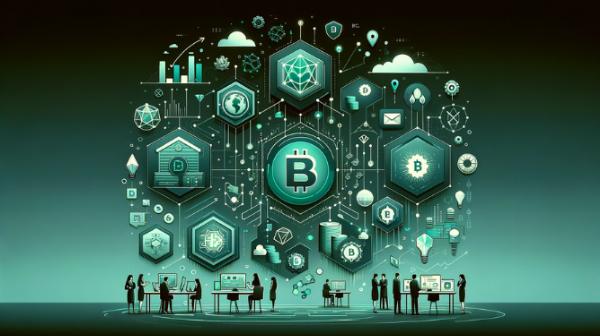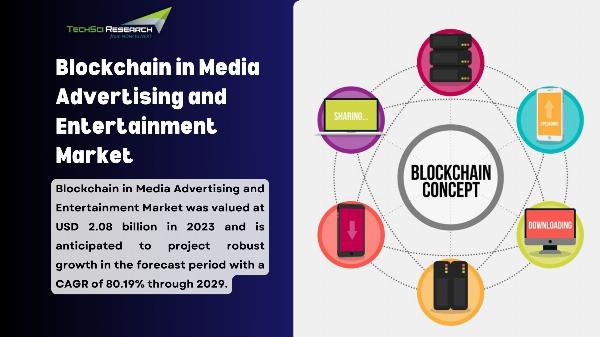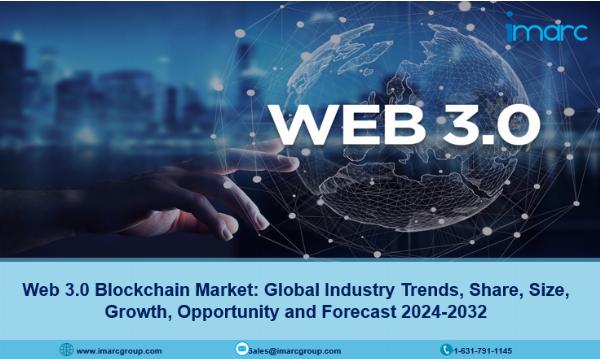 Zapier Automation – Automate Publishing. Free Your Time!
Zapier Automation – Automate Publishing. Free Your Time!
The Future of Learning: How Blockchain is Changing Education in Australia
Written by sonalika verma » Updated on: June 17th, 2025

In recent years, Australia has been at the forefront of embracing technological advancements in various sectors, and education is no exception. Among the innovative technologies being adopted, blockchain has emerged as a transformative force. Originally associated with cryptocurrencies, blockchain is now being recognized for its potential to revolutionize education systems. In Australia, educational institutions are exploring how blockchain can enhance transparency, security, and efficiency. This article delves into the future of learning and how blockchain is reshaping education in Australia.
The Rise of Blockchain Technology
Blockchain, a decentralized and immutable digital ledger, ensures that data is stored in a secure, tamper-proof manner. In education, blockchain provides a decentralized network that can be used to store and verify academic records, certificates, and other credentials without relying on traditional intermediaries like schools or universities. This not only ensures the integrity of the data but also allows students to have more control over their academic achievements.
Blockchain in Education: A New Era of Credential Verification
One of the most significant applications of blockchain in education is in the area of credential verification. Traditionally, verifying a student's academic history requires manual processes that are time-consuming and vulnerable to fraud. For instance, employers or institutions seeking to verify degrees or certificates must often contact the issuing school, a process that can take days or even weeks.
With blockchain, educational records can be securely stored on the blockchain ledger, making them easily verifiable. In Australia, universities such as the University of Melbourne have started issuing digital diplomas using blockchain technology. This allows graduates to share their credentials with employers or institutions instantly, streamlining the verification process. Blockchain also reduces the risk of fake degrees, as the digital record on the blockchain is immutable and cannot be altered.
Empowering Lifelong Learning
In today’s rapidly changing job market, skills and knowledge need continuous upgrading. Blockchain technology can support lifelong learning by enabling the tracking of a person’s educational journey. As individuals acquire new skills, attend workshops, or complete online courses, these micro-credentials can be added to their blockchain-based digital profile. This creates a comprehensive and verified record of all their learning experiences, giving employers a clearer picture of an individual’s capabilities.
Australia's vocational education and training (VET) sector is exploring blockchain to streamline the issuance and verification of certifications. Blockchain in education helps learners accumulate and manage their credentials across different learning environments, creating a dynamic and comprehensive educational portfolio.
Enhancing Student Data Privacy and Security
Data privacy is a major concern in education, especially with the increasing digitization of academic records. Blockchain offers a solution by ensuring that sensitive student data remains secure. Since blockchain records are encrypted and decentralized, no single entity controls the data, reducing the risk of hacking or data breaches. Students can also control who has access to their records, ensuring that their personal information remains private.
In Australia, blockchain in education is being explored to enhance the security of student records. Educational institutions can use blockchain to store academic records in a way that ensures both data integrity and privacy, providing a secure environment for students’ personal and academic information.
Facilitating International Education and Collaboration
Australia is a hub for international students, with its universities and vocational institutions attracting learners from around the world. The use of blockchain in education can streamline the process for international students seeking to transfer credits or obtain recognition for their qualifications. Blockchain allows educational records to be stored in a standardized format, which can be easily shared and verified across borders.
Blockchain technology also fosters collaboration between educational institutions globally. Through smart contracts—self-executing contracts with the terms of the agreement directly written into code—blockchain can facilitate the transfer of credits between universities and make international academic partnerships more efficient.
Transforming Assessment and Accreditation
Blockchain is not only reshaping credential verification but also transforming how assessments and accreditations are conducted. Traditional assessment methods can be slow, subjective, and prone to errors. Blockchain enables real-time tracking of students’ progress, storing each completed assignment or test securely on the blockchain ledger. This creates a transparent and easily accessible record of students' performance, which can be audited and verified by educational institutions or employers.
In addition, blockchain-based accreditation systems offer a more efficient way to ensure that institutions meet certain standards. In Australia, where accreditation plays a critical role in maintaining the quality of education, blockchain can make the process more transparent and trustworthy. Educational institutions, regulatory bodies, and students can track the status of an institution’s accreditation in real-time, ensuring that qualifications remain relevant and valid.
Challenges and Future Outlook
While the potential for blockchain in education is immense, there are still challenges to overcome. One of the primary concerns is the lack of widespread adoption and the need for standardization. For blockchain to reach its full potential in education, there needs to be a concerted effort to create global standards and frameworks for its implementation.
Moreover, the integration of blockchain into existing educational systems requires collaboration between various stakeholders, including government bodies, educational institutions, and technology providers. Australia has been proactive in supporting blockchain innovation, with government initiatives such as the National Blockchain Roadmap, which outlines strategies for integrating blockchain across various sectors, including education.
The future of learning in Australia will likely see increased adoption of blockchain technology as more educational institutions recognize its benefits. With ongoing advancements, blockchain in education promises to provide more secure, transparent, and efficient systems that cater to the needs of students, educators, and employers.
Conclusion
The integration of blockchain in education is set to revolutionize how academic credentials are stored, verified, and shared in Australia. From enhancing the security of student data to streamlining the verification of qualifications, blockchain offers a range of solutions that can improve the efficiency and transparency of the education sector. As Australia continues to embrace technological innovation, the future of learning will be increasingly shaped by blockchain technology, ensuring a more connected and secure educational environment for all.
As the education landscape evolves, blockchain will play an integral role in fostering a culture of lifelong learning, supporting student mobility, and enhancing the global competitiveness of Australia’s education system.
Note: IndiBlogHub features both user-submitted and editorial content. We do not verify third-party contributions. Read our Disclaimer and Privacy Policyfor details.
Copyright © 2019-2025 IndiBlogHub.com. All rights reserved. Hosted on DigitalOcean for fast, reliable performance.
















